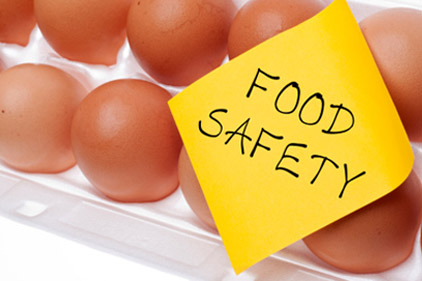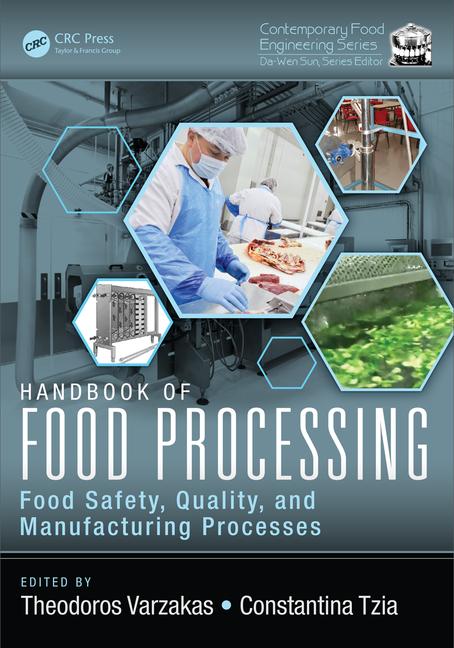U.S. Food and Drug Administration chief Margaret Hamburg predicts that her agency "very soon" will issue new regulations needed to enforce the Food Safety Modernization Act, a sweeping piece of legislation enacted to upgrade the security of the U.S. food supply after a deadly salmonella outbreak in 2009.
Hamburg says implementation has been slow because Congress hasn’t provided enough money to meet the law’s ambitious demands. The legislation imposes the biggest changes in food safety since the 1930s and calls for the FDA to create new science-based safety standards for fruits, vegetables, packaged foods and food imports. “Implementing that broadly expansive mandate with limited resources has been a challenge," Hamburg told a forum hosted by the Center for Strategic and International Studies, a Washington, D.C.-based research organization.
Right now, the FDA is working to meet a host of new priorities, including improved international drug regulation, while analysts and industry officials say the agency's resources could fall prey to deficit cut talks due to resume in Congress after the Nov. 6 election.
The Food Safety Modernization Act, which President Obama signed into law in January 2011, represents an effort to step up the federal government's battle with food-borne illnesses that afflict nearly 50 million Americans each year, killing thousands.
Hamburg asked private industry to help finance the law’s provisions, which give the FDA the power to mandate recalls when outbreaks strike. The agency regulates about 80% of the U.S. food supply. Among the exceptions are meat and poultry, which are overseen by the U.S. Department of Agriculture.
Source:ww.dispatch.com, www.reuters.com





